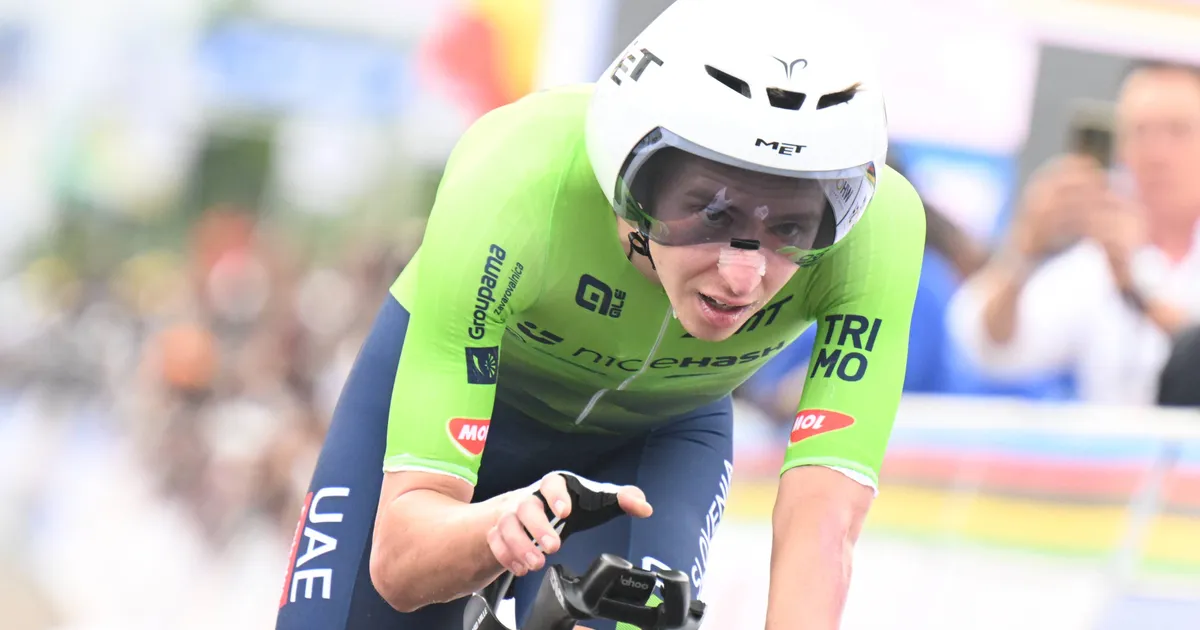That warning comes with direct relevance to Pogacar. The Slovenian admitted post-Tour that he was carrying fatigue, fell ill before the Canadian races, and then subjected himself to long-haul travel in pursuit of racing days. “Maybe the jet lag is still in his body,” Van der Mieren suggested. “If that clears in a week, it could be in his favour. But if not, then I think he’ll struggle on Sunday against a super Remco Evenepoel.”Why Van Wilder thrived, and Pogacar cracked
Van Wilder’s bronze medal provided a surprise but, to Van der Mieren, it was entirely consistent with his physiology. Some riders, they argue, simply process altitude stress better than others. “Ilan is one of the lucky ones,” said the doctor. “He loses less power at 1,500 metres.”
Van der Mieren broke down the science in simple terms: the body has three ‘engines’ – fat burning, aerobic sugar burning, and the anaerobic system, which runs without oxygen. At altitude, with less oxygen available, riders rely more heavily on the third. But doing so effectively requires both genetic predisposition and a fully rested body. “A tired body cannot sustain large anaerobic efforts,” he explained.
That, in his view, is where Pogacar may have faltered. Even a rider with one of the sport’s largest ‘motors’ cracked under the Rwandan conditions, while Evenepoel’s physiology and freshness allowed him to dominate.

The final podium of the Kigali Worlds TT
The road race forecast
Sunday’s road race is expected to be no less punishing. Temperatures around 27 degrees may not sound extreme, but combined with Kigali’s altitude, they could magnify fatigue. Van der Mieren believes the difference could amount to “five to ten percent” of performance – more than enough to decide who survives and who falters.
With Evenepoel arriving on peak form, Belgium’s chances look golden. For Pogacar, the margins appear unforgiving. If his body has not yet shed the accumulated strain of a long season, Van der Mieren’s verdict could prove prophetic: the rainbow jersey may be beyond reach.

